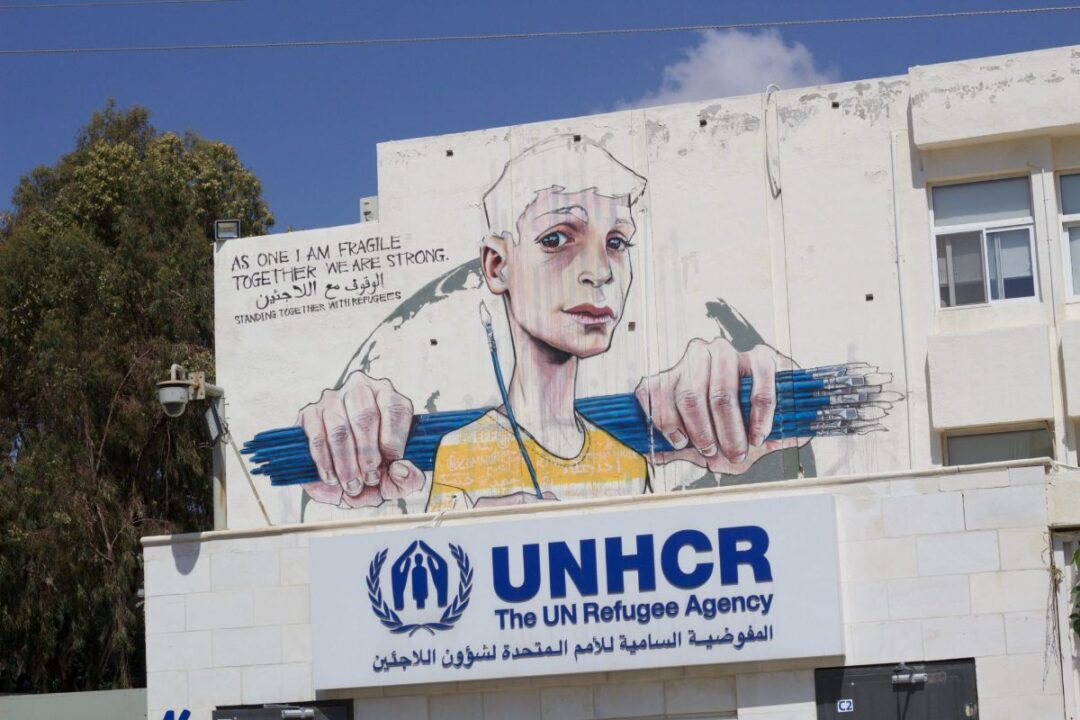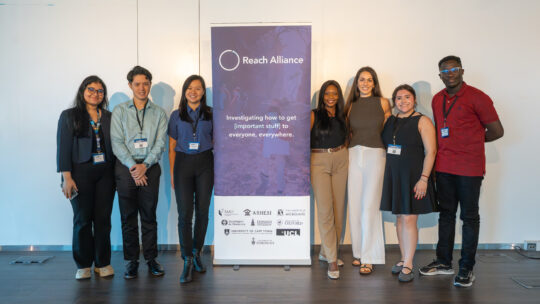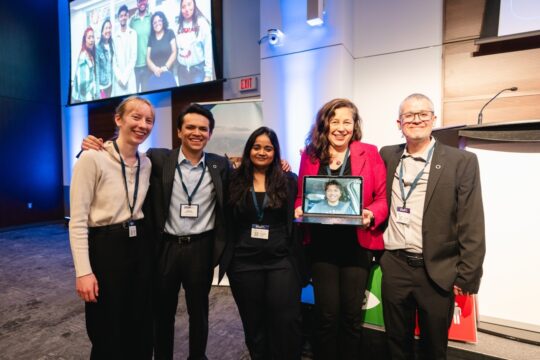News
Research in Action: Turning Insight into Impact

At the Reach Alliance, research is just the beginning. Through “Research in Action”, researchers take their findings and transform them into actionable insights that can drive policy reform, shape programs, and improve lives. This approach reflects our core belief that rigorous, field-based research must be mobilized to effect tangible change—particularly for communities that are often overlooked or underserved.
A prime example of this transformation is the recently released UCL report, Research in Action: Advancing Disability Inclusive Maternal Healthcare in Nepal. Building on an earlier Reach case study, this inaugural Research in Action report dives deep into the lived experiences of women with disabilities, healthcare providers, and policy officials across Nepal. The initial report uncovered several systemic barriers—ranging from a lack of provider training to inaccessible health infrastructure—that prevent women with disabilities from receiving equitable maternal care.
Rather than stopping at analysis, the team took action and the new report offers concrete recommendations for health ministries, NGOs, and local leaders. These include implementing disability-focused training for healthcare workers, investing in infrastructure upgrades, and developing inclusive policy planning tools. The findings are already being used to inform workshops and policy discussions on the ground in Nepal, helping bridge the gap between research and practice.
This is not the first time a Reach case study has evolved into a practical tool for action. In 2017, Reach researchers examined the world’s first biometric cash transfer program for refugees – in collaboration with the Cairo Amman Bank and IrisGuard, UNHCR used iris-scanning technology to deliver cash assistance to Syrian refugees in Jordan. The findings demonstrated not only the efficiency of the system—ensuring over 95 percent of funds reached recipients—but also high levels of user satisfaction and operational transparency. These insights were shared with humanitarian organizations, donors, and policymakers. The case helped inform broader conversations around biometric innovation in the humanitarian sector, contributing to the development of best practices and implementation guidelines.
The evolution of these case studies into action plans is no accident. It’s a deliberate process embedded within the Reach Alliance research model. Our teams begin with immersive, field-based investigations guided by experienced mentors. Once research findings are compiled, we work closely with local partners and stakeholders to translate them into accessible outputs—such as toolkits, policy briefs, and implementation roadmaps. We then support the dissemination of these materials through events, workshops, and targeted outreach to ensure they are adopted where they are needed most.
From disability-inclusive healthcare in Nepal to digital finance for displaced populations, the Reach Alliance is proving that student-led research can go beyond the classroom to become a catalyst for global development. Research in Action continues to demonstrate the power of academic inquiry when paired with a commitment to implementation. As we look to the future, we remain focused on creating tools and knowledge that not only illuminate challenges—but help solve them.


